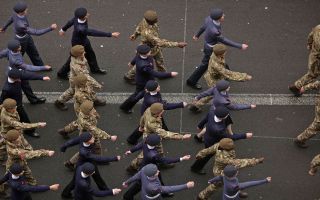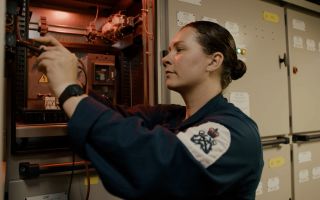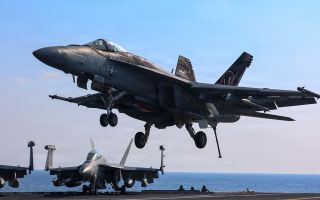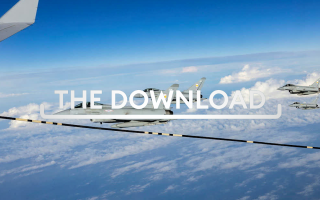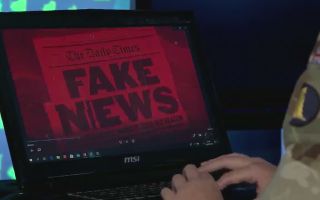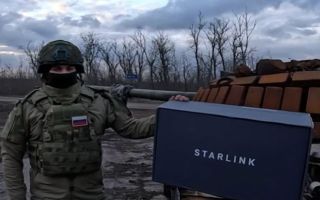Government Told To Learn From Military Planners' Coronavirus Response
The Government has been told to learn from the work of military planners during the response to the coronavirus outbreak.
The report, written by a former No. 10 Special Adviser to Boris Johnson, says the COVID-19 crisis has exposed flaws in Whitehall's planning practices and they must learn from military techniques.
Titled 'Operation COVID-19', it outlines a number of recommendations, including introducing paired military planners for "resilience and contingency engagement" within certain departments.
The study, published by Policy Exchange, an independent educational charity, suggests military planning teams could be used more by the Government in the future.
Chris Brannigan wrote that current Government planning is overdependent on management consultants who are used like a "managerial confidence crutch" by civil servants.
He also said that military planners are often "more effective, just as fast and a great deal less expensive" than external consultants.
The Armed Forces and its planners played a key role in the response to the COVID-19 outbreak, helping to build NHS Nightingale Hospitals across the country, setting up mobile testing units and helping with the supply and delivery of personal protective equipment.
However, there has also been criticism over the Government's handling of the pandemic.
Many people argued there has been a lack of clarity in the Government's message during lockdown, with criticism over what certain terms actually mean.
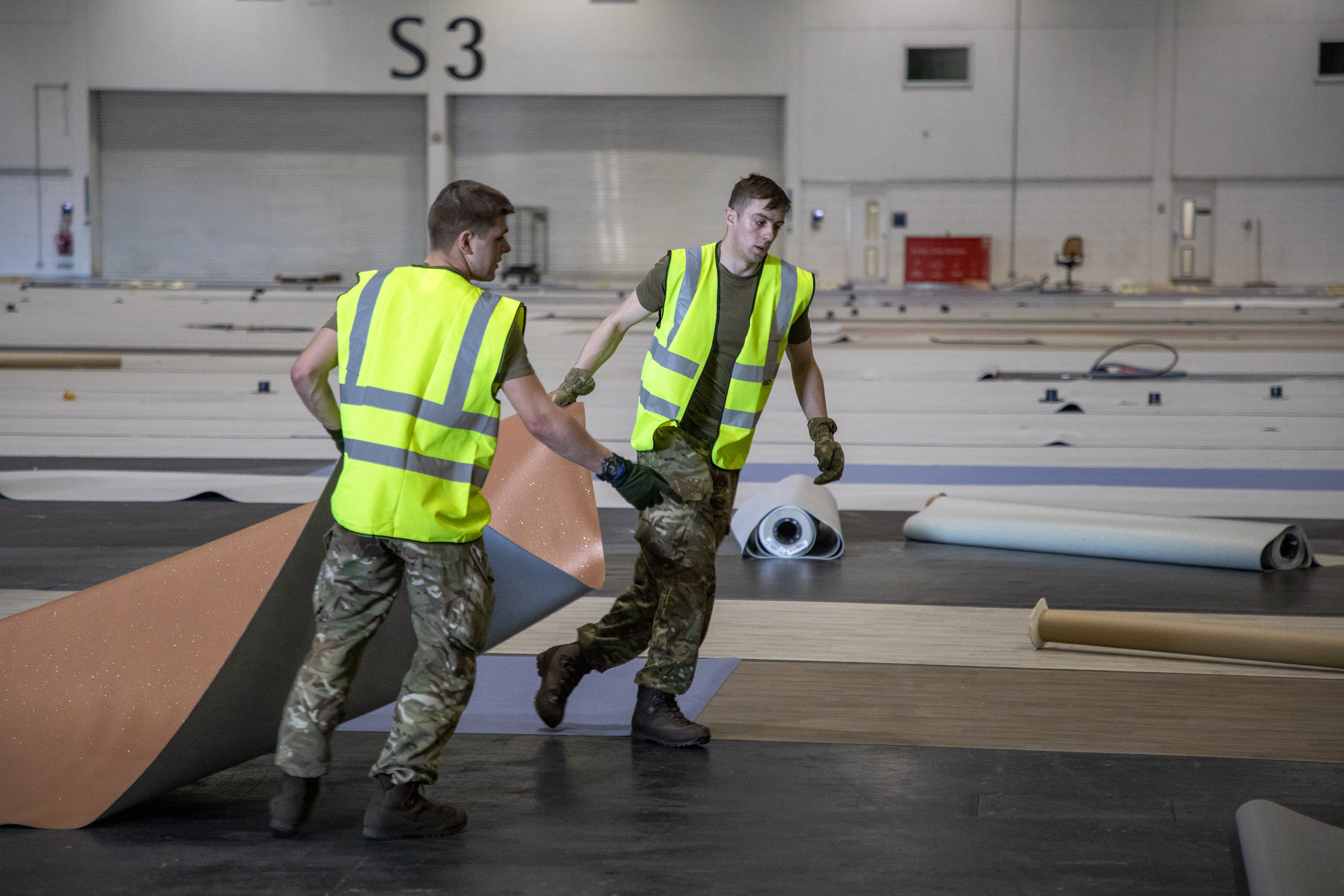
In the report, Mr Brannigan states that military personnel could address the "absence of common terminology" that leads to confusion and delays.
He also wrote how military planners' ability to work within "a common framework" is also a vital skill.
According to the study: "The absence of a commonly agreed thinking framework across Whitehall was a factor in delaying the Government’s response time to COVID-19 and lost weeks of effect."
It also suggests considering a common teaching syllabus for civil and military officials, and introducing "common planning analytical methodologies" across Whitehall for emergency situations.
Mr Brannigan, now a Senior Fellow at Policy Exchange, said: "Military commanders and decision-makers understand that plans have to be made to work, within a time frame and to an agreed outcome.
"Everyone within the structure of planning and delivery understands that their responsibility, authority and accountability are evidently embodied in their respective role.
"This culture of trust and credibility is not always evident in some Whitehall bastions."
Cover image: RAF personnel deployed to Scotland as part of the COVID Aviation Task Force (Picture: MOD).

